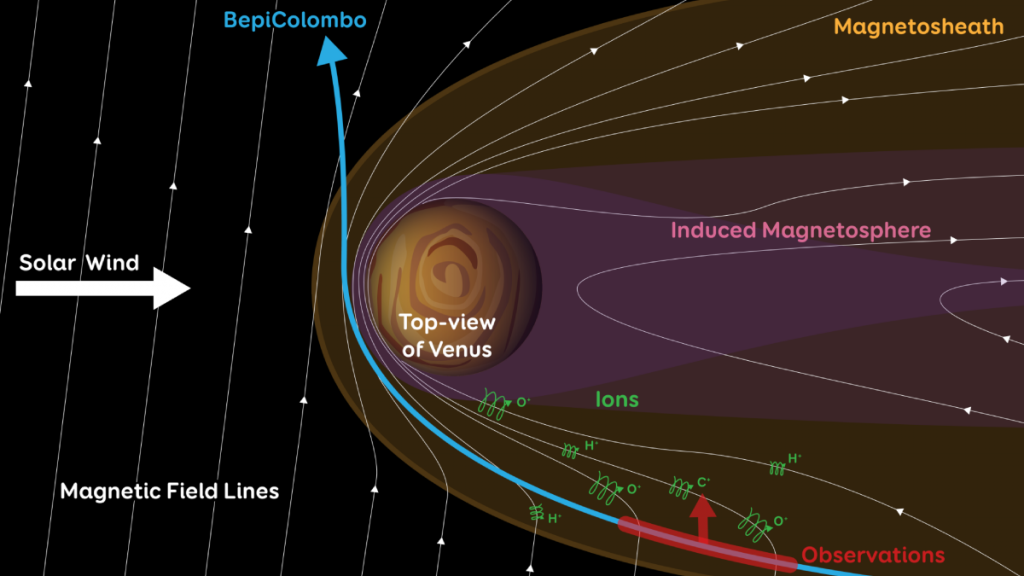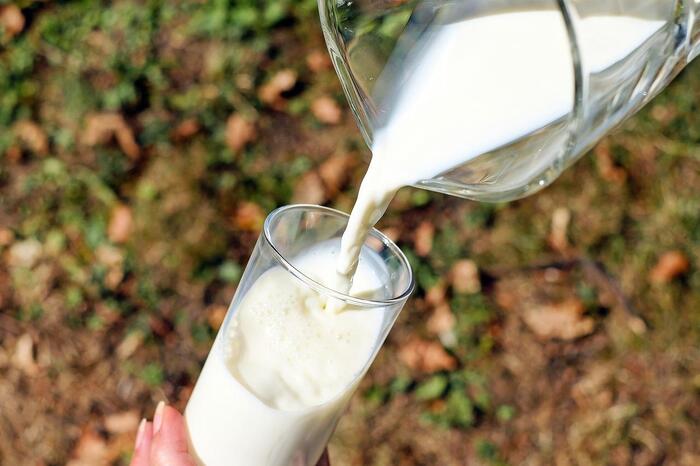Find out why we can consume milk and its derivatives even as adults: the reasons for the prevalence of tolerance to lactose and milk sugar are not found in the fact that these products are allowed to be consumed in larger quantities, as it has always been thought until now, but in the spread of infectious diseases and famine. This was stated in a study conducted by the British University at Bristol and University College London (Ucl) and published in the journal Nature. The researchers found, by mapping 9,000 years of consumption, that prehistoric inhabitants of Europe had been consuming milk for thousands of years before humans developed the gene that allows it to be digested, which only became common around 1000 B.C.
Researchers led by Richard Evershed of the University of Bristol have built an unprecedented database, cataloging nearly 7,000 animal fat remains from 13,181 pottery pieces from 554 archaeological sites, to find out where and when people drank milk. The data showed that it was widely used in European prehistory, but that its consumption was independent of the presence of lactose intolerance.
The researchers then assembled another database using ancient DNA sequences from more than 1,700 prehistoric European and Asian individuals, adding famine and disease to the equation: “In prehistoric times, human health was increasingly affected by poor sanitation. and growing disease,” the study authors explained. Under these conditions, milk consumption could have increased mortality rates, especially for individuals who lack the lactose tolerance gene. A situation that – continue the researchers – could have been exacerbated even more in conditions of famine.” So this could have been the reason for the prevalence of a genetic trait that still allows us to consume milk and its derivatives even in adulthood.
Reproduction is reserved © Copyright ANSA

“Coffee fan. Tv specialist. Social media aficionado. Zombie geek. Evil analyst. Web expert.”







More Stories
The infection struck him directly…
Free train travel, all you have to do to get tickets as a gift is this request | This is all true
Kadyrov “is in serious condition.” But the video shows training in the gym